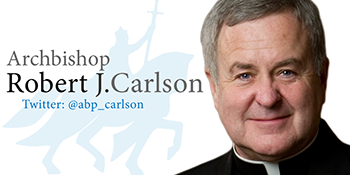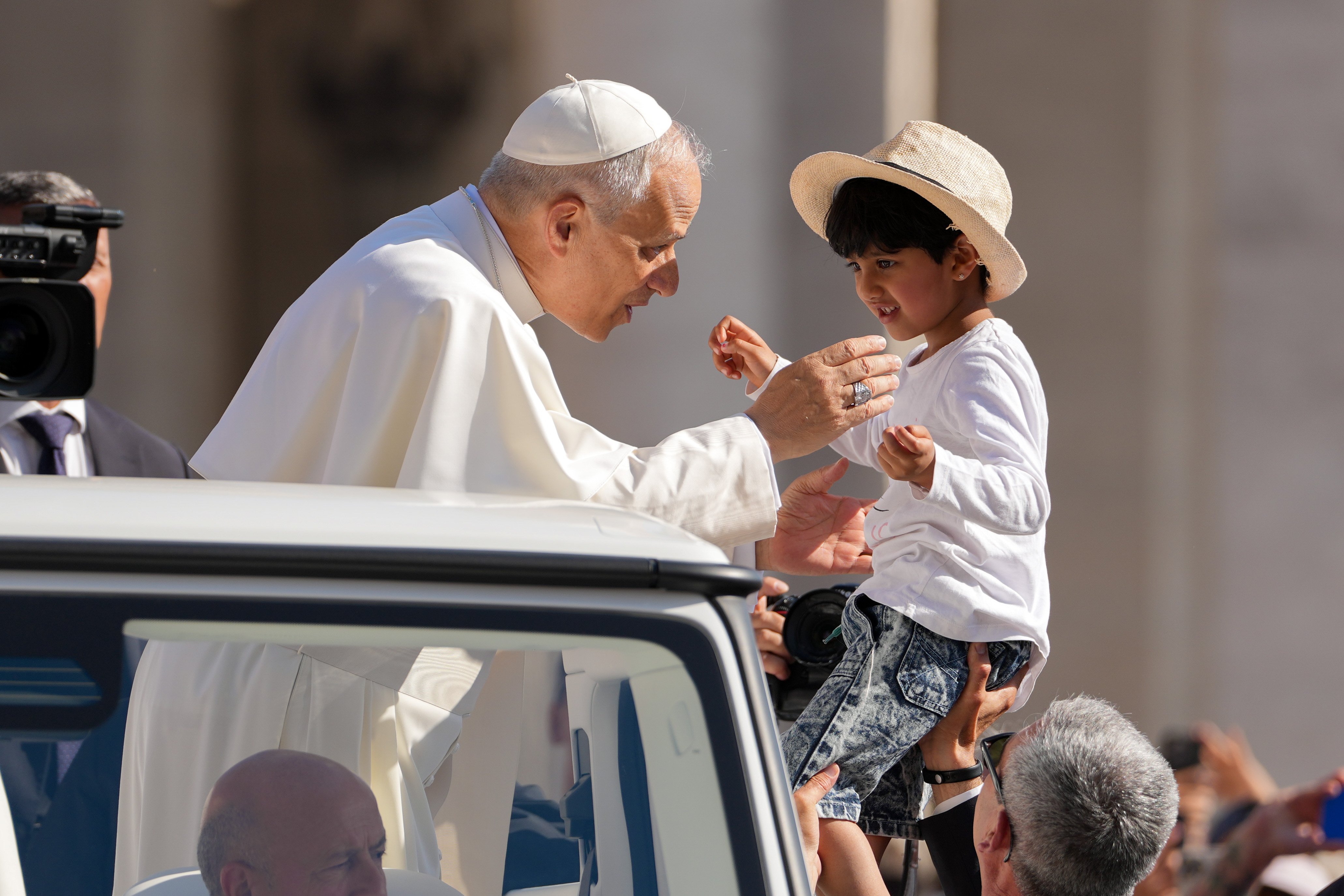BEFORE THE CROSS | ‘Joseph’s Way’ of obedience serves as a guide to fatherhood
St. Joseph provides a special example for men and fathers

We celebrate the feast of St. Joseph on March 19.
Before saying anything else about him — and there’s much to be said — it’s time to clear up something: Joseph and Mary were married when Mary conceived Jesus by the Holy Spirit.
St. John Paul II explained this in “Redemptor Custos,” his apostolic exhortation on Joseph. “According to ancient Jewish custom, marriage took place in two stages: first the legal, or true marriage was celebrated and then, only after a certain period of time, the husband brought the wife into his own house.” People often think of the ancient Jewish practice by way of analogy to the modern practice of getting engaged and then married. But it’s a false analogy. In ancient Judaism, the man and woman were legally married from the time of the betrothal.
That’s why Scripture says, for example, that Joseph decided to divorce Mary. You can’t have a divorce if you haven’t had a marriage. And that’s why the angel says “Do not be afraid to take Mary, your wife, into your home.” Mary already is Joseph’s wife. The angel is instructing him to finish the second step of the marriage.
Let’s also look at some of the virtues of St. Joseph.
First, consider the Bible trivia question: “What are the last words of St. Joseph recorded in the Bible?” The answer: there are no words of Joseph recorded in the Bible. Of course he would have spoken. But the Holy Spirit is teaching us something by not recording any of these words.
When the angel told him to take Mary into his home, he obeyed. When the angel told him to take the Holy Family to Egypt to escape Herod, he obeyed. When the angel told him to return to Israel, he obeyed. Joseph didn’t make a fuss. He didn’t make a speech. He simply obeyed, and expressed his faith in action. St. John Paul II called this “Joseph’s Way.” We can all learn from, and strive to follow, Joseph’s way.
In the second place, Joseph provides a special exemplar for men and fathers. Joseph teaches us about fatherhood: living his fatherhood as service, he placed his entire life and all his work at the service of Jesus. He teaches us about work: “At the workbench where he plied his trade together with Jesus, Joseph brought human work closer to the mystery of the Redemption.” (“Redemptoris Custos,” 22) He showed us that you don’t have to do great deeds to be close to Christ: “He is the proof that in order to be a good and genuine follower of Christ, there is no need of great things.” (“Redemptoris Custos,” 24) Finally, where Adam failed to protect Eve when she was vulnerable, to the detriment of us all, Joseph protected Mary when she was vulnerable, to the benefit of us all. On every one of these points, Joseph provides a standard for men to judge their manhood.
“Go to Joseph and do whatever he tells you.” (Genesis 41:55) This is the directive in the Old Testament. Famine strikes the land. Joseph, by God’s providence, holds pharaoh’s treasures, and distributes them to the people in their time of need. This foreshadows the role of the earthly father of Jesus. In God’s providence, Joseph was entrusted with the richest treasures of the heavenly king



